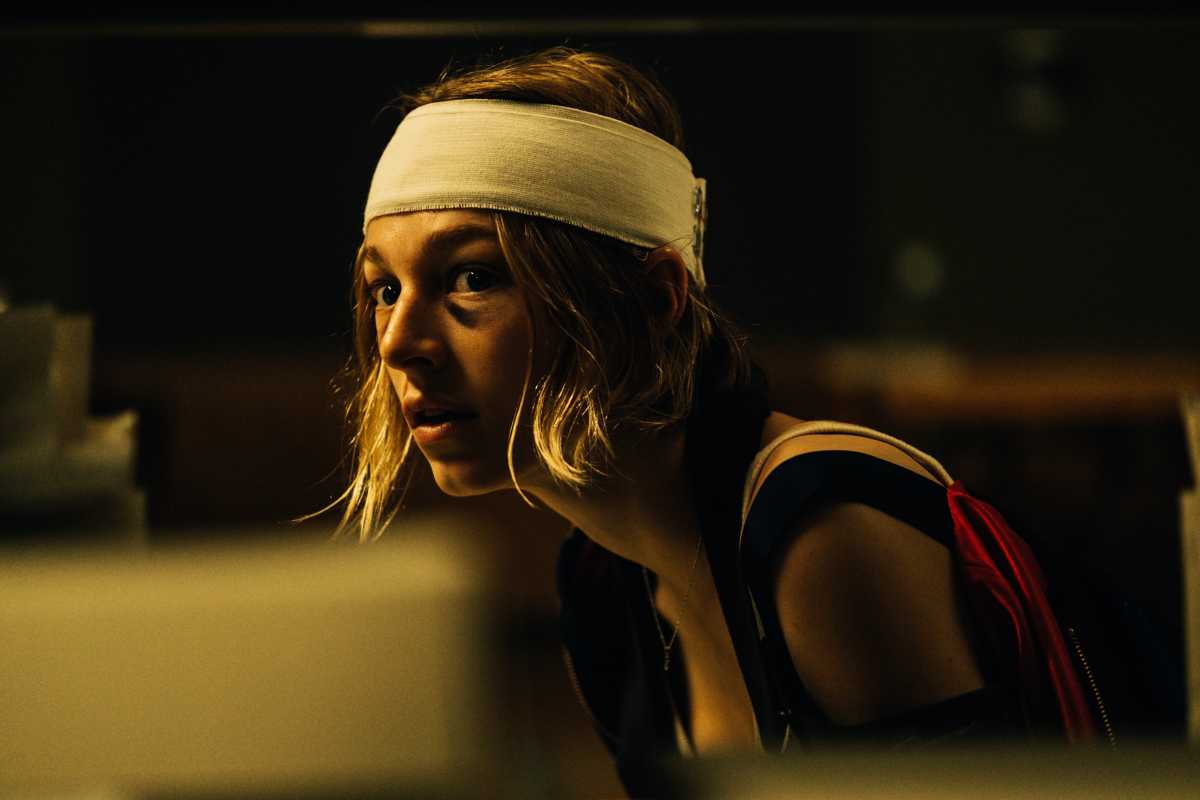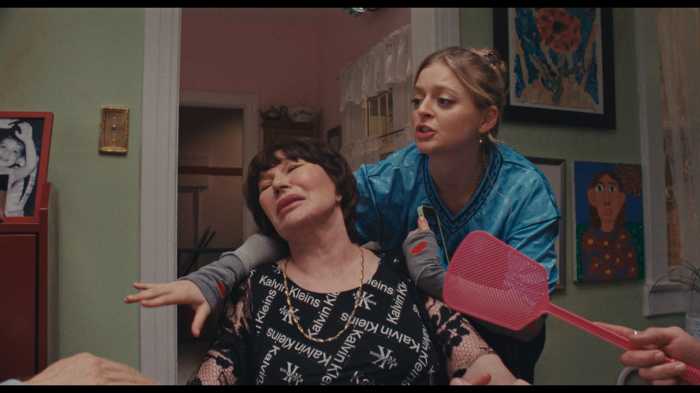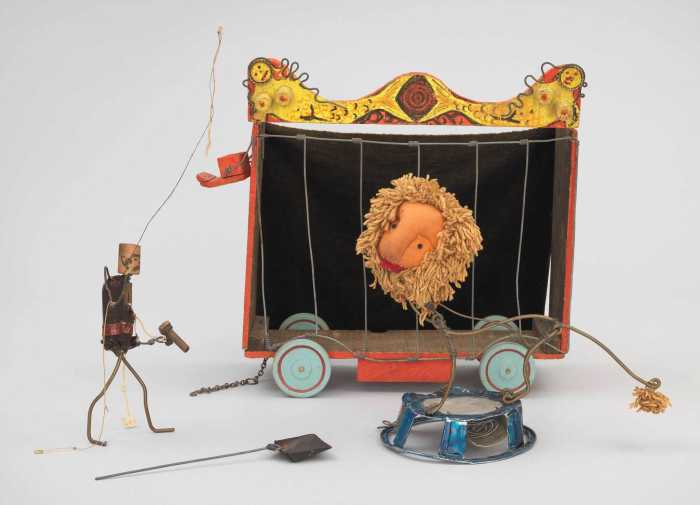German director Tilman Singer’s “Cuckoo” arrives after several years where a new, heavily hyped horror film arrives every few months. Claiming to introduce a great director or stand as one of the most scariest movies ever made, these movies tend to disintegrate in the mind upon further thought.
Horror is now more respectable than it’s ever been — take the glowing response to Chris Nash’s ultra-gory “In a Violent Nature,” which would’ve likely been much more negative even 20 years ago — but the fact that it’s almost the only kind of independent film which can turn a profit has not done much good for it. Themes of trauma, addiction, and mental illness have been transformed into clichés treated with as much gravity as Jason Voorhees’ kill count. The giallo of ‘70s Italy weren’t exactly progressive, especially towards women, but looking back, they showcase the upside of working from the subconscious and treating film as a visual medium instead of a delivery device for subtext.
While “Cuckoo” is certainly flawed, it’s suffused with a playfulness that lifts it above this competition. It treats the horror movie as an arena to test out the strangest ideas Singer can come up with. Even as it flirts with unpleasant subject matter — its German villain’s medical experiments sure feel Nazi-coded, while he also takes control of women’s pregnancies — it trusts the audience to figure out what we think about it. (Few films about eugenics are trying to be fun!) It’s a far cry from the doom-laden, visually precise direction of Osgood Perkins’ “Longlegs,” released last month by the same distributor to great success.
17-year-old Gretchen (trans actor Hunter Schafer) arrives with her parents, Luis (Marton Csokas) and his wife Beth (Jessica Henwick), at a resort in the German Alps. She takes a job at the hospital. She’s sullen and resentful towards Luis, Beth (who is not her birth mother), and the couple’s much younger daughter Alma (Mimi Lieu). (She does respect the fact that as a fetus, Alma consumed her twin in the womb.)
While she spends her days working the desk at a hotel operated by Herr Konig (Dan Stevens), she experiences some bizarre, terrifying visions. The first one occurs while she’s relaxing in her room, playing bass guitar and listening to herself on headphones. Time shifts into a disorienting loop, and Alma comes in to attack her. Then, a hooded woman comes after her while she bicycles at night. Her life brightens up when she meets Ed (Astrid Bergés-Frisbey) and develops a crush. The two girls fall in love and plan to leave for Paris, but a car accident caused by another attack from the hooded woman puts a stop to it. Gretchen is seriously injured, with one arm in a cast for the rest of “Cuckoo.” Her suspicions about the hotel are furthered by strange instances of women vomiting spontaneously.
Although Dan Stevens’ German is fluent, he’s actually English. (He played a German-speaking android in Maria Schrader’s “I’m Your Man,” and his mastery of accents spans the globe.) He dips into the vast arsenal of Teutonic stereotypes with delight. His body language, always a bit too intrusive in early scenes at the hotel, spells no good. He creeps up on Gretchen, mangling her name, and turning around a mirror so he can sneakily watch her. He even hangs around outside the hotel noodling on a flute. His performance is the highlight of “Cuckoo.” It’s no slight to the rest of the cast that it’s the film’s most memorable element. Far from the first or last time, the villain steals center stage from the hero.
Singer doesn’t even try to make his plot come together till the second half, and “Cuckoo” might be stronger if it were more opaque. Singer gets stuck between his wilder impulses and the potential to reach a huge audience around the world (unlike his debut feature, 2018’s German-language “Luz.”) Still, “Cuckoo” develops some intriguing ideas: creating a new species of humans outside Homo sapiens, manipulating people through sound. Rather than scares, it goes for strangeness. It never takes itself seriously enough to be very frightening, although it’s not flippant. Hints of a more sober, narrative-oriented film — such as the subplot with former cop Henry (Jan Bluthardt) — scatter ashes of a police procedural’s script throughout. They’re a distraction: The pleasure of “Cuckoo” isn’t solving a mystery, just seeing where the film will take us next.
“Cuckoo” | Directed by Tilman Singer | Neon | Opens Aug. 9th





































